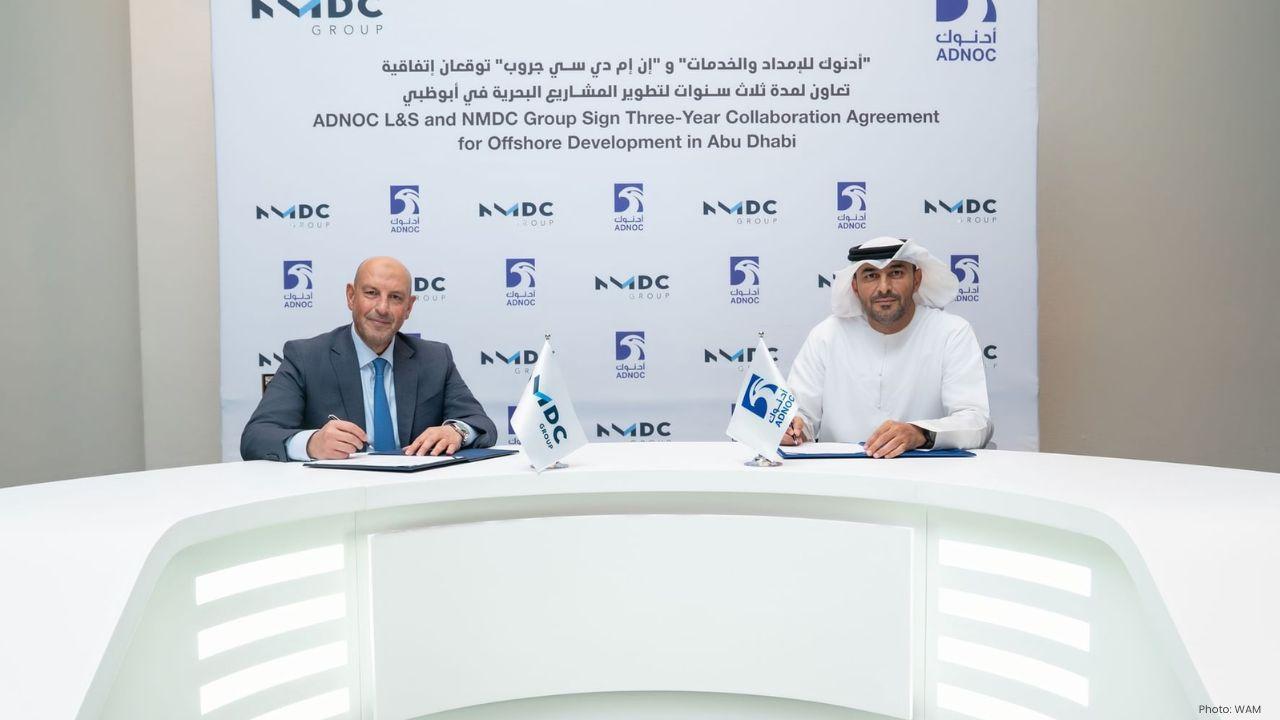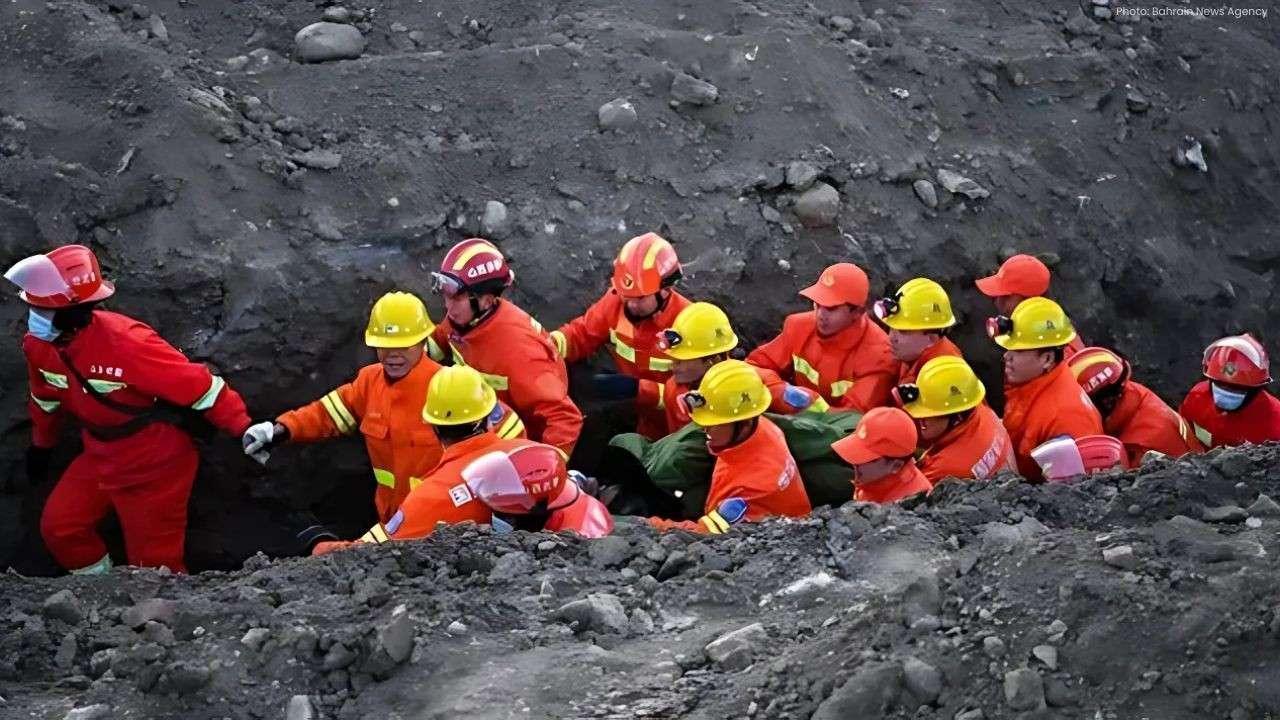
Post by : Vansh Kumar
The global financial landscape is undergoing a significant transformation. Emerging economies are no longer just peripheral players; they are driving innovation, investment, and growth, fundamentally reshaping global finance. Understanding the role of emerging markets in shaping the future of wealth is essential for investors, businesses, and policymakers seeking to capitalize on opportunities and navigate challenges in this rapidly evolving environment.
Over the past two decades, emerging economies in Asia, Africa, and Latin America have become key drivers of global growth. With expanding populations, increasing urbanization, and rising consumer spending, these countries present enormous potential for investment and wealth creation.
Emerging markets offer new opportunities across sectors such as technology, manufacturing, energy, and finance. Countries like India, China, Brazil, and Nigeria are leveraging domestic demand, technological innovation, and favorable demographics to boost economic output, contributing significantly to the global GDP. As a result, wealth generation is no longer concentrated in traditional developed markets but is increasingly dispersed across emerging regions.
One of the key drivers of wealth in emerging markets is the rapid adoption of digital technologies. Mobile banking, fintech solutions, blockchain, and digital payment systems are revolutionizing access to financial services.
In many developing countries, traditional banking infrastructure is limited. Mobile platforms enable millions of people to participate in financial systems, access credit, save, and invest. These innovations are democratizing wealth creation, allowing individuals and businesses to thrive in previously underserved regions.
Moreover, global finance is being reshaped as investors and institutions increasingly recognize the potential of digital finance in emerging economies. The integration of technology with financial systems accelerates economic growth, enhances efficiency, and creates new avenues for wealth accumulation.
Emerging markets present diverse investment opportunities, ranging from infrastructure projects to startups and technology firms. Governments are implementing policies to attract foreign investment, such as tax incentives, free trade zones, and regulatory reforms.
Investors who strategically allocate resources to these regions can benefit from higher growth rates compared to developed economies. However, these opportunities come with risks, including political instability, currency fluctuations, and regulatory changes. A careful analysis of market dynamics and risk management strategies is crucial for sustainable wealth creation in emerging markets.
The rise of emerging markets is reshaping global finance in multiple ways. Capital flows are increasingly directed toward developing regions, and financial institutions are expanding operations to serve new markets. Additionally, global investment portfolios now integrate emerging economies to diversify risk and enhance returns.
Financial instruments such as sovereign bonds, equities, and ETFs focused on emerging markets are gaining popularity among international investors. As wealth creation in these economies accelerates, their influence on global financial stability, trade balances, and investment trends continues to grow.
Emerging markets are also promoting economic inclusion, which is vital for long-term wealth creation. Policies that support small businesses, entrepreneurship, and financial literacy empower individuals to participate in the economy and build wealth.
Digital platforms play a crucial role in this process. Microfinance, mobile banking, and digital payment systems provide access to capital for entrepreneurs and small-scale investors. This inclusivity helps bridge wealth gaps, stimulate economic activity, and create a more balanced and resilient financial system.
Sustainability is becoming a key consideration in wealth creation within emerging markets. Investors and governments increasingly prioritize environmental, social, and governance (ESG) standards. Renewable energy projects, sustainable agriculture, and green technology initiatives not only support environmental goals but also generate significant economic returns.
By integrating ESG principles into investment decisions, businesses and individuals can ensure long-term growth while contributing positively to society. Sustainable practices are now central to the future of wealth, as emerging markets demonstrate that financial prosperity and environmental responsibility can go hand in hand.
While emerging markets offer vast potential, they also come with challenges. Political instability, regulatory uncertainty, and currency volatility can affect investment outcomes. Additionally, rapid technological adoption may exacerbate inequality if access is uneven across populations.
Investors and policymakers must adopt risk mitigation strategies, such as diversification, hedging, and careful market research. Understanding the socio-economic and political context is essential to navigate the complexities of wealth creation in these regions.
Innovation is a critical driver of wealth in emerging economies. Startups, fintech companies, and technology hubs are transforming traditional industries, creating new employment opportunities, and fostering economic growth.
Entrepreneurship is supported by both government policies and private investment, providing a fertile environment for wealth generation. As innovation continues to flourish, emerging markets are not just catching up to developed economies—they are leapfrogging into new financial paradigms, shaping the future of wealth globally.
Looking ahead, emerging markets will play an increasingly central role in global finance. Their growing economic influence, technological adoption, and innovative capacity make them key contributors to global wealth creation.
Investors, businesses, and policymakers who understand the dynamics of these markets and embrace opportunities responsibly will thrive in the evolving financial landscape. From digital finance to sustainable investment, the strategies employed today will define the economic leaders of tomorrow.
The content in this article is intended for informational and educational purposes only. While every effort has been made to ensure accuracy, financial markets, investment opportunities, and economic conditions in emerging markets are constantly changing. Readers are encouraged to conduct their own research and consult professional advisors before making financial, investment, or business decisions. GCC news network is not responsible for any outcomes resulting from the use of this content.
#trending #latest #EmergingMarkets #GlobalFinance #FutureOfWealth #EconomicGrowth #FinancialInnovation #InvestmentOpportunities #GlobalEconomy #WealthCreation #MarketTrends #EconomicDevelopment #GCCNews #GCCUpdates #GCCTech #GCCInnovation #ArabWorldNews #GCCTrends #DigitalGCC #GCCBusiness #GCCFuture #GCCTechnology #GCCInsights










NMDC Group And ADNOC L&S Sign Three-Year Deal For Offshore Work
NMDC Group and ADNOC Logistics & Services sign a three-year deal to deliver maritime services for of

Six Miners Trapped After Earthquake Hits Coal Mine In China
A mining-related earthquake struck a coal mine in Heilongjiang, China, trapping six miners undergrou

Train Collides With Bus In Mexico Killing 10 And Injuring Many
At least 10 dead and 41 injured after a train hit a bus at a rail crossing in Mexico. Authorities co

UAE Olympic Football Team Qualifies For AFC U-23 Asian Cup Finals
UAE Olympic football team qualifies for AFC U-23 Asian Cup finals in Saudi Arabia despite 3-2 loss t

Apple Launches iPhone Air With Thinnest Design & Pro Performance
Apple unveils the new iPhone Air, its thinnest model with pro performance, multiple colors, large st

Al Wakrah Wins French Arabian Breeders’ Challenge Sprint Again
Al Wakrah, trained by Jean de Mieulle, wins French Arabian Breeders’ Challenge Sprint in France, mar